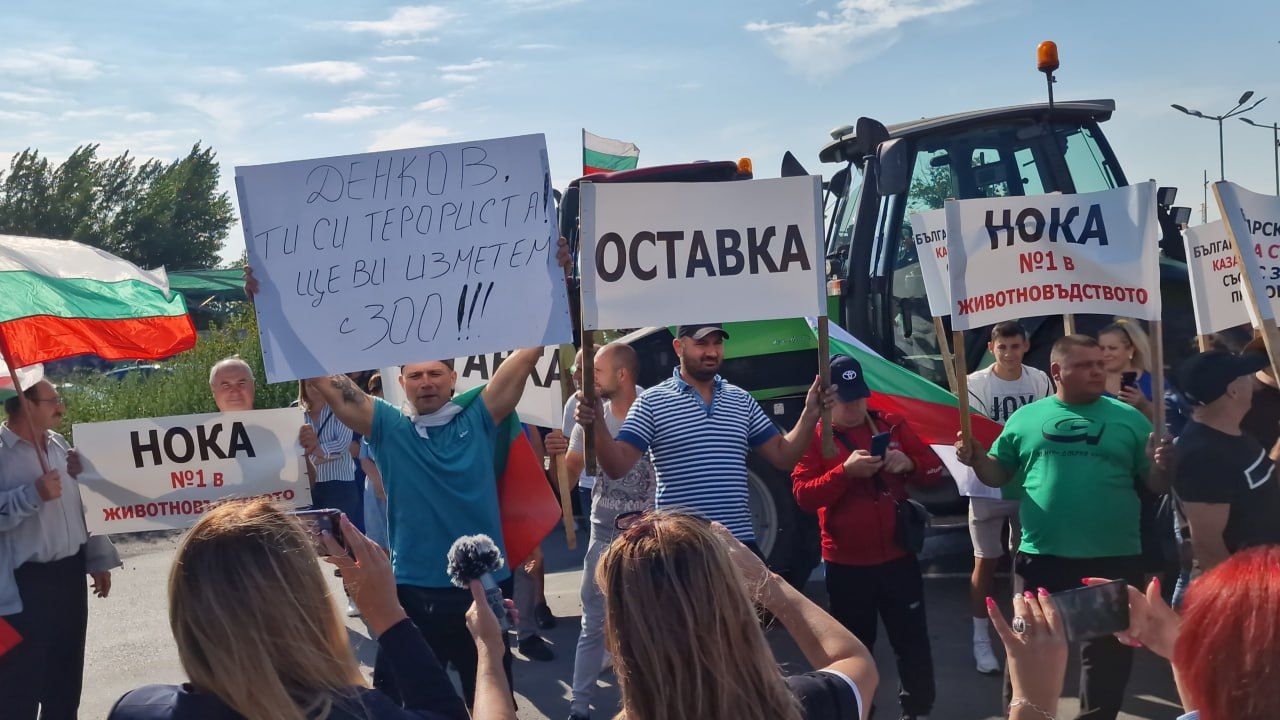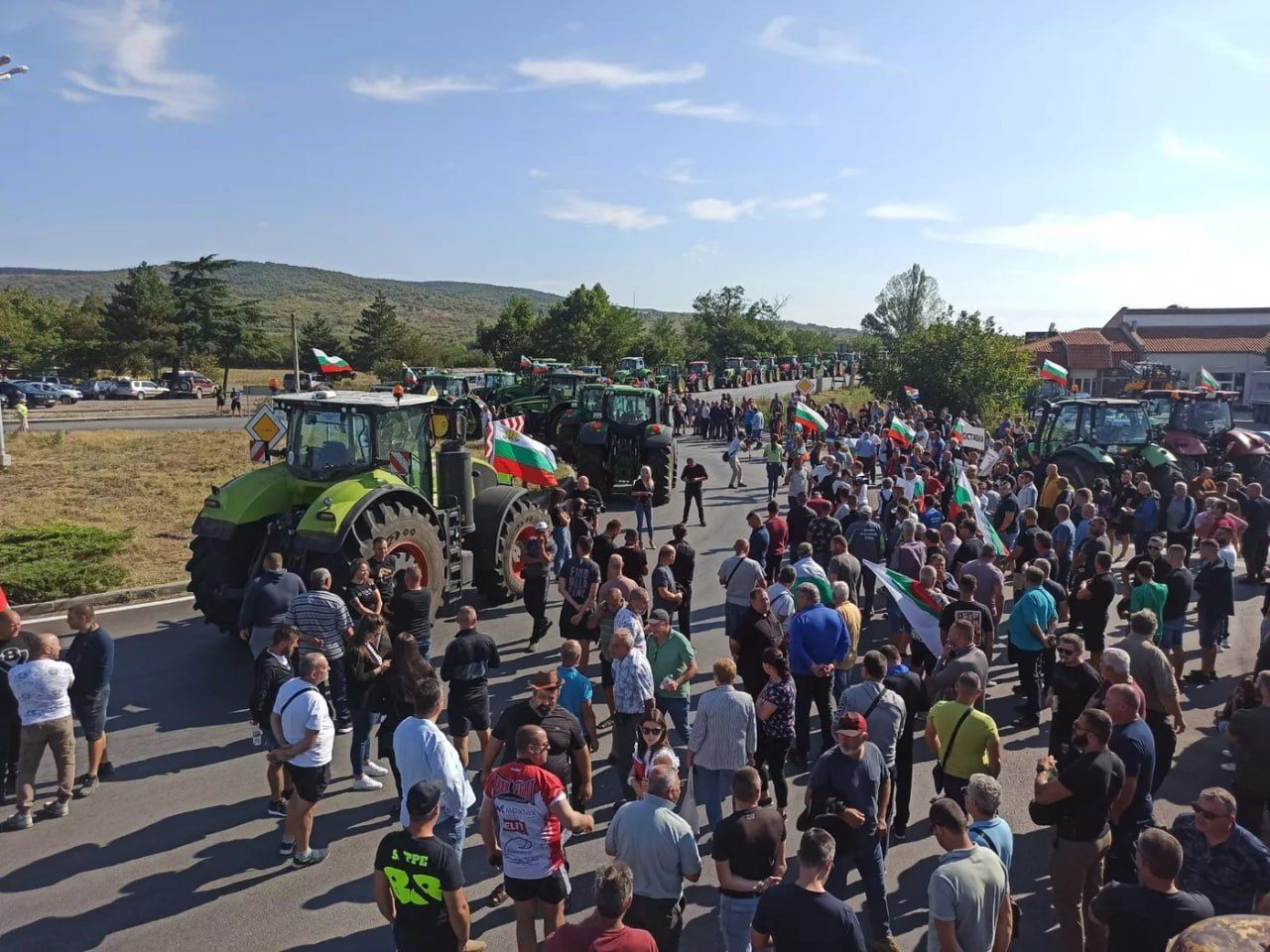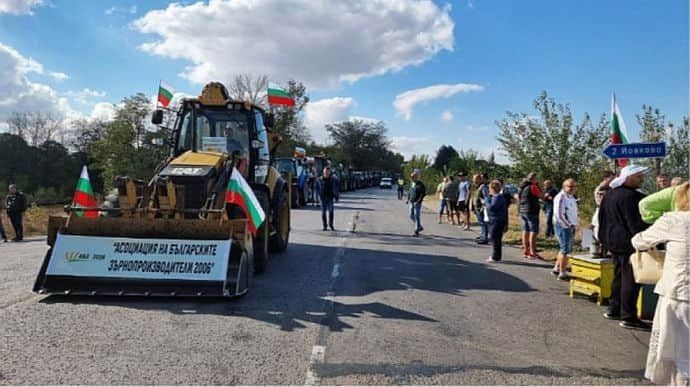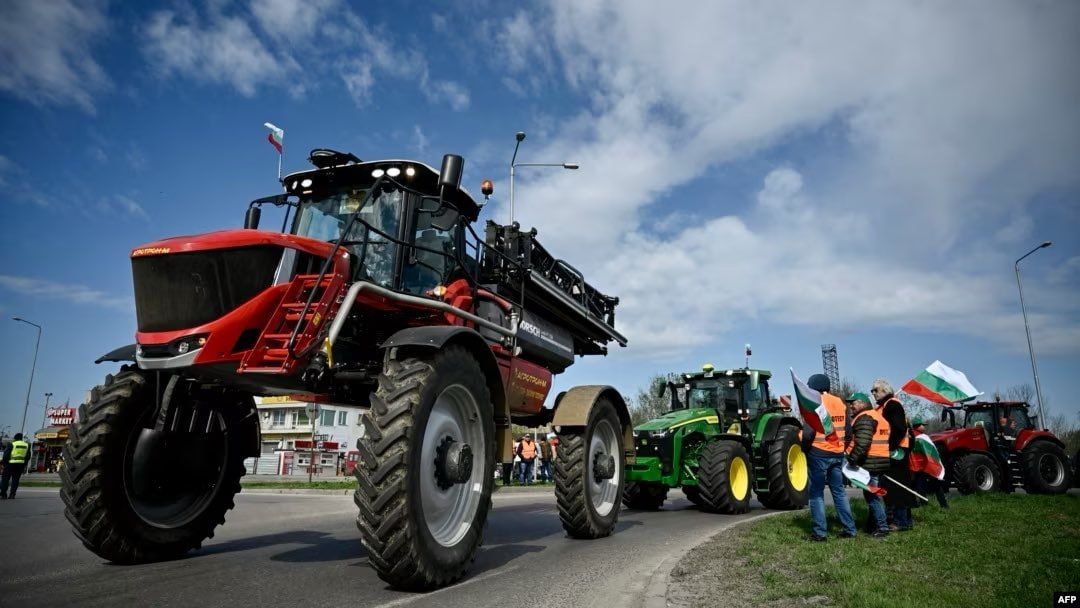Bulgarian Farmers Misguided in Believing Ukrainian Sunflower Harms Their Interests — Bulgarian Trader
Last week, Ukraine announced the implementation of an automatic regime for sunflower exports to Bulgaria. It was announced as a simplified process. However, Bulgaria recently denied this claim. We asked Preslav Raykov, trading manager at one of the Bulgaria crushing plants, about the situation in the country, the import of sunflower seeds from Ukraine and whether Ukrainian grain brings down the prices in Bulgaria.

Latifundist.com: How do sunflower sellers from Ukraine supply you with their products now: under the simplified regime or not?
Preslav Raykov: They don’t supply it at all. No flow of goods is feasible whatsoever. Everything is hindered due to the licensing regime in place.
For the past three to four months, it has remained entirely opaque.
Latifundist.com: What are the real procedures for both countries?
Preslav Raykov: Our country isn't furnishing any clear information on the processes. Or, if it does, the actual execution doesn't match. This was evident when Ukraine proposed optimizing the licensing, to which Bulgaria responded that no such agreement was ever reached.
Consequently, since it's not making its way into the country at all, even transit shipments that were previously allowed and conducted by some Ukrainian suppliers to Bulgarian companies have now come under intense scrutiny.
This has prompted severe, unofficial actions from our government, urging additional checks by revenue agencies to block these companies. Consequently, they've encountered numerous hurdles.
Essentially, every action is geared towards officially and unofficially obstructing these imports. The latter is particularly concerning, as companies importing seeds now find themselves unable to fulfil numerous contracts with Ukrainian counterparts due to government interference.
Latifundist.com: Do you know what are the main obstacles to the import of sunflower seeds?
Preslav Raykov: The main obstacle appears to be the Bulgarian government's reluctance to allow these imports, employing every means to block them, causing frustration among Ukrainian partners. They're expressing reluctance to continue doing business, citing discrepancies between words and actions, rendering contracts unfulfilled due to licensing issues.
They'd rather divert their sales elsewhere — to Ukrainian crushers, European markets, or shipping through alternative routes — but importing to Europe seems overly convoluted. This lamentable situation persists despite industry appeals to the government through official letters and meetings, yet the import impasse remains unresolved.
We don’t have clear information, and at times, we feel they are misleading us. For example, when they claim we are in close contact with the Ukrainian government. But the Ukrainian Ministry and parties deny such interactions. They say: we've reached out via emails for approvals, and official letters have been sent for approval, yet there's been no response.
This lack of communication is causing considerable frustration. We're eager to collaborate and purchase from Ukraine, offering competitive prices, possibly even better than Turkish prices. Bulgaria's need for an additional two million tons of sunflower seeds beyond its current crop capacity, sourcing from various countries, including Ukraine, Moldova, Croatia, Serbia, and Poland, seems imperative.
However, when the licensing procedure commences, the government's intervention becomes evident.
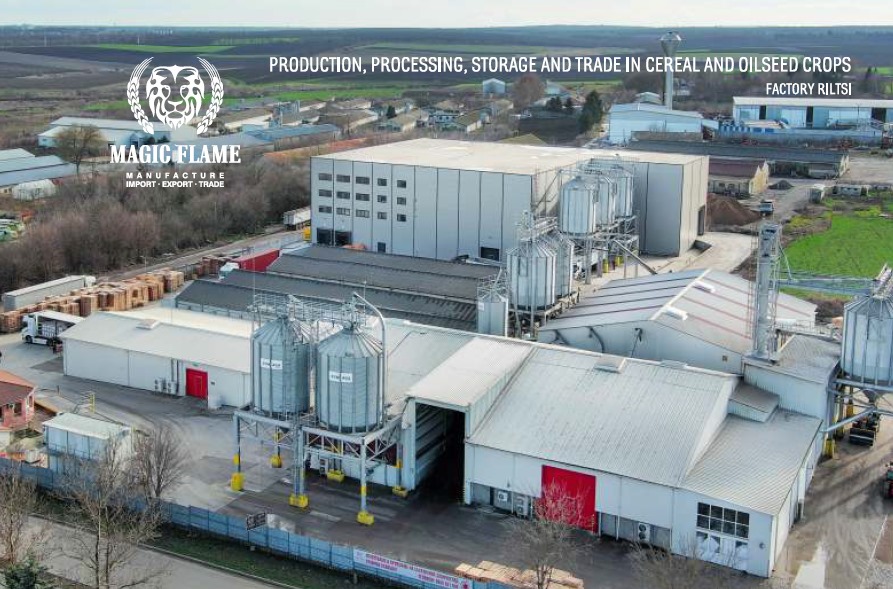
Latifundist.com: Why is the Bulgarian government involved?
Preslav Raykov: It seems they're succumbing to pressure from local farmers who mistakenly believe Ukrainian seed imports are detrimental to their interests. In reality, Ukrainian imports often come at higher prices than local seeds, and their presence doesn't undercut local prices. Instead, when the flow of Ukrainian seeds diminishes, global and European markets witness a decrease in prices for sunflower refined oil and meal, affecting local farmers' profitability.
Unfortunately, the complexities of market dynamics aren't adequately explained to local farmers and their governing organizations. Instead, they demand financial support from the government, unaware of the broader economic implications. This situation not only leads to losses in state revenue and customs imports but also perpetuates a cycle of dependence on government aid among farmers.
Latifundist.com: Did you try to communicate with the government?
Preslav Raykov: Yes, we did, but despite presenting logical economic arguments and a comprehensive report, efforts to address this issue have been fruitless. It appears that government officials are swayed by the lobbying power of farmer organizations rather than sound economic reasoning.
Moreover, recent actions such as blocking Ukrainian sunflower seed imports have only exacerbated the situation, leading to decreased prices and deteriorating seed quality on the local stocks available for sale. Multinational lobbying efforts may also be at play, diverting Ukrainian flows to their processing facilities within Europe.
Overall, the current situation is rife with misunderstandings and misconceptions. Ukrainian partners are growing increasingly frustrated, particularly with Bulgaria's reluctance to streamline the licensing process. The prospect of the automatic system being blocked from both ends only adds to the uncertainty.
Latifundist.com: Is there enough sunflower on the Bulgarian market?
Preslav Raykov: Actual production in the country for the last season was 1.62 mln/mt of sunseeds, which came quite short of the expected 2.1mln/mt. Prospects for this marketing year are also around 2 mln/mt, but other challenging weather developments could lead again to a lower figure on the actual harvest data in the autumn of 2024.
Potential negative developments on the local crop of sunseeds could affect the local crushing industry which is developed on a world-class level and is exporting worldwide, having a leading position in the European sun oil markets. Generally, over the past five marketing seasons, sunflower seeds have been a significant crop of interest to farmers due to the mostly favourable and premium prices over other crops, but in the past year, challenges have intensified due to the carry-over stocks and the reluctance of the farmers to sell on market prices.
Unofficial disruptions of the sunseeds began in spring last year, affecting previous deals and disrupting the normal import flow in the country. Despite attempts to negotiate, clarity from the Bulgarian government is still lacking. Since September 15 last year, when the European ban officially ended, the situation has been in limbo. Memorandums signed with farmers lacked legal weight, and subsequent attempts at regulation have been muddled and unclear.
Efforts to seek clarity have been met with delays and obfuscation. Partners applying for licenses face bureaucratic hurdles and scant communication from Bulgarian authorities. Excuses and postponements persist, leaving many in the dark about the future of sunflower imports. Meanwhile, local producers hold onto their stocks, falsely claiming Ukrainian imports are disrupting the market.
Overall, the situation remains uncertain and frustrating, with government inaction exacerbating the problem. It's a precarious situation, with no end in sight, as delays continue to mount.
Latifundist.com: But how the plant you work for is operating now? Are you anticipating smooth operations?
Preslav Raykov: In our industry, in general, we're certainly affected. I'm referring specifically to the industry, which is undoubtedly facing challenges in sourcing the needed quantities of sunseeds. However, we do procure from local sellers who are well-versed in the situation and clearly understand the market around, not falling into the false promises of the government regarding the disruptions caused by Ukrainian flows, but still the industry needs additional quantities from external sources. Additionally, we import from Romania, Moldova, Croatia, Hungary, Serbia, and other neighbouring countries. The industry is holding up well, striving to maintain stability and keep its world-leading positions in the segments without seeking financial or any type of aid from the government.
What we need are clear and consistent rules. If there's a ban, we want to know so we can plan accordingly and adapt. If there's a licensing regime, we're ready to comply. We're not asking for handouts; we simply want transparency and predictability.
Despite the industry's efforts, we're not operating at optimal capacities. Finding those extra necessary 2 million tons for the processing industry from neighbouring countries isn't a straightforward process. Romania, the largest neighbour producer of sunflower seeds, produces 2.1 million tons, leaving a little surplus for Bulgaria. Additionally, the limited local production in Hungary, Serbia and Croatia further strains the regional market. Turkish companies, with their robust crushing industry, are also competing aggressively for sunflower seeds, driving up prices in the region. It must be understood that competition and market forces are resulting in the best outcome for everyone, both farmers, crushers and end buyers.
The Turkish government's support for their industry exacerbates the competition in the Black Sea region, which increased the farmgate prices within some markets in Europe and Ukraine. They've reduced import tariffs, making it easier for crushers to source seeds from abroad. Consequently, it's challenging for us to compete in the export-import market due to the intense regional dynamics and high demand from this destination. Despite our substantial capacities, the Turkish market remains a major buyer, with their government actively facilitating their industry's needs.
Sofiia Yaroshenko, Latifundist.com


